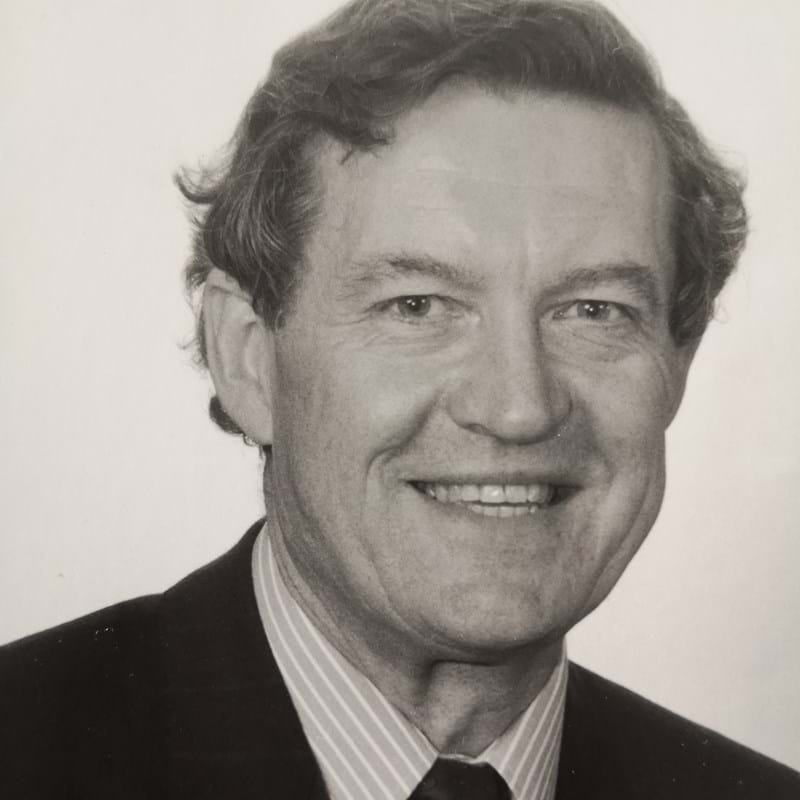
Anthony (Tony) Charles Barrell: 1993–1994
Tony Barrell was born on 4 June 1933 and educated at Kingston Grammar School before graduating in chemical engineering from the University of Birmingham in 1955.
He spent his early years gaining design, commissioning and production experience in chemical processes with appointments in the Ministry of Defence and on secondment to Africa Explosives and Chemical Industries in South Africa. In 1966 he joined HM Factory Inspectorate (later part of the Health & Safety Executive) where through a number of specialist postings he was able to develop a leading expertise in the safety aspects of chemical processes and plant.
In 1978, following recommendations from the Advisory Committee on Major Hazards, the Major Hazards Assessment Unit was formed by the HSE, and he was appointed as its first Head. The Unit was given the twin tasks of developing methodology for risk assessment in the chemical industry and of providing planning advice on the siting of new major hazards works and the subsequent use of land nearby. He had a key role in the Canvey Island investigations and led the HSE team at the Public Inquiries there in 1980 and 1982. In the introduction to the Second Canvey Report the three-man Executive of the HSE said they regarded the investigation and report "as a unique pioneering exercise which will prove to be a major turning point in risk assessment work". He was involved with the Government committee set up following the Flixborough explosion in 1974, and with the draft major hazards legislation that followed. This legislation formed the basis of the European Community legislation, the "Seveso Directive", in 1982.
When, in 1984, he was promoted to Director of Technology he retained the responsibility for major hazards policy and took on a wider remit for health and safety technology across all industries except nuclear.
In 1985 Tony Barrell was appointed Director of the newly formed Technology and Air Pollution Division within the HSE which brought together about 270 professional staff in the fields of air pollution control, explosives, mechanical, electrical, civil and chemical engineering to provide a comprehensive engineering and technical base for all HSE activities. The international role has been of increasing importance both from a major hazard viewpoint and with the drive towards the Single European market in 1992.
During the Bhopal disaster, he chaired a group of consultants set up by the ILO to recommend the future direction of major hazard control in developing countries. The Inquiries into the Kings Cross and Piper Alpha disasters utilized his experience extensively.
After the Piper Alpha disaster he was seconded to the Department of Energy to head their Offshore Division before Parliament enacted legislation to bring this activity back into the unified Health & Safety Executive.
In 1990 immediately following the publication of the Cullen report on the Piper Alpha Inquiry he was appointed Chief Executive of North Sea Safety at the HSE, a position which was equivalent to an Under Secretary. His role was to direct a major programme of change in the North Sea oil and gas industry and he had up to 400 staff (mostly engineers and scientists) working in a complete overhaul of safety legislation, the introduction of safety cases, better control systems, and improvements in management culture and practice.
Tony Barrell was elected a member of IChemE's Council in 1989 and served in that capacity for three years, becoming a Vice President in 1992 immediately before succeeding to the presidency. He was elected to the Royal Academy of Engineering in 1990.
Return to list